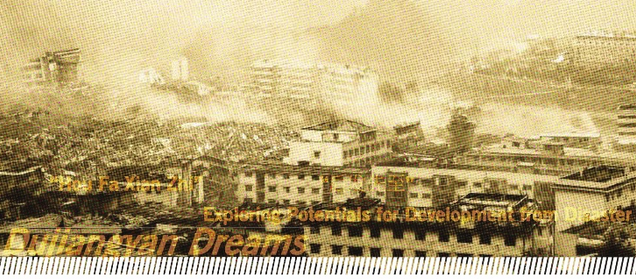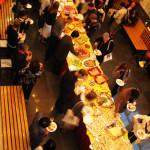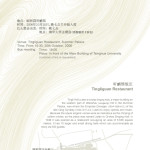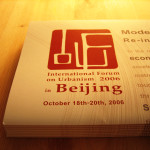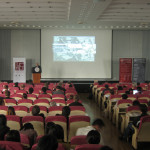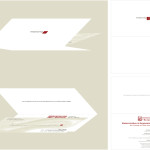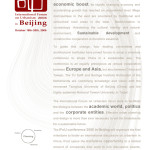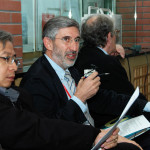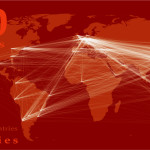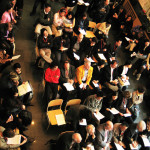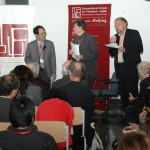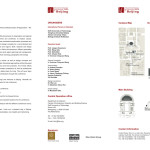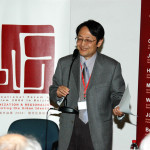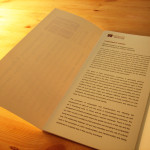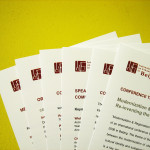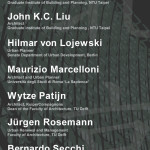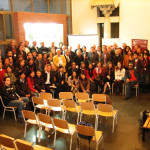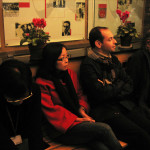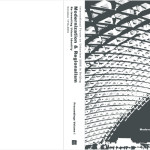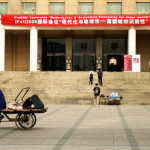
Cities all over the world are simultaneously dealing with the issue of water. On the one hand cities make use of the potentiality of the water element to improve their accessibility, attractiveness and competitiveness (i.e. waterfront or seaport cities). On the other hand cities are limited in their development or even threatened by water problems. In this framework we can distinguish at least three different categories:
– Coastal cities, in particular cities in delta regions that are threatened by the rising sea level or by the tsunami;
– River bank cities that are threatened by floodings caused by excessive rainfalls or by smelting glaciers;
– Cities in so-called dry-zones whose major problem is the lack of water.
The Third IFoU Conference has been organized to analyze the problems of water regulation and water management in the framework of city planning and development in Asia and Europe. The potentiality of water in the city has been explored and new concepts for water related urban developments have been discussed. In this framework scientific results as well as design concepts and technical solutions from different regions in Asia and in Europe have been presented.
The Third IfoU Conference has been combined with the annual meeting of the scientific board of IFoU.
